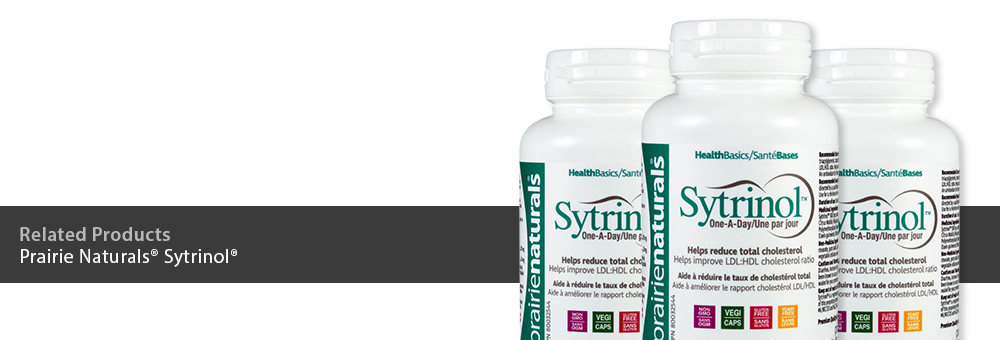

Lowering cholesterol naturally
Sytrinol can be a safe, effective, less expensive and natural way to lower blood cholesterol and decrease the risk of heart attack. Cholesterol-lowering drugs (CLDs) do decrease blood cholesterol and risk of coronary attack, even though there are several short and possibly long-term side effects.
For instance, one major study showed that patients taking CLDs may be exchanging one devil for another. Those taking CLDs had 22 fewer deaths from cardiovascular disease, but this was offset by an increase of 24 deaths from cancer.
Researchers at the University of Denmark reported several years ago that 15 per cent of those over age 50 taking CLDs suffer nerve damage. Dr. Duane Graveline, a superbly conditioned U.S astronaut, developed transient global amnesia while on Lipitor and could not recognize his family. He slowly recovered after stopping this medication. Skeptical NASA physicians then prescribed half the dose and his amnesia returned.
Dr. Annette Draeger, a researcher at the University of Switzerland, took muscle biopsies from 44 patients on CLDs who were complaining of muscle pain. 57 per cent of these biopsies revealed significant muscle damage.
On rare occasions, CLDs can cause rhabdomyolosis, a potentially fatal condition in which large amounts of muscle tissue are destroyed.
Another more sinister concern about the long-term use of CLDs is that they decrease blood cholesterol by inhibiting an enzyme required for the production of cholesterol. Unfortunately, most doctors do not tell patients that this enzyme is also needed for the manufacture of coenzyme 010 (Co-010). This compound has been labeled the “spark plug of our motors.” It generates energy for the heart’s muscle. And we know what happens when spark plugs fail to function in cars.
Studies show that CLDs can decrease Co-010 by as much as 40 per cent. It’s like draining the car’s gas tank. Moreover, the higher the dose of CLD, the more Co-010 is removed for the heart’s muscle. A number of authorities believe that by continually robbing the heart of Co-010, doctors may be setting the stage for a future epidemic of congestive heart failure.
The blunt fact is that consumption of CLDs is not like swallowing candy. They are powerful drugs.
For these reasons, it makes good sense for doctors to at least consider natural remedies to lower blood cholesterol. Sytrinol consists of citrus and palm fruit extract that contains polymethoxylated flavones (PMFs) and tocotrienols.
Multiple studies show Sytrinol decreases total cholesterol by 30 per cent, low-density lipoprotein (LDL), the bad cholesterol, by 27 percent and triglycerides by 34 percent. In addition, high-density lipoprotein (HDL), the good cholesterol increases four percent.
Sytrinol works by decreasing the oxidation of the bad cholesterol, a factor in plaque formation and narrowing coronary arteries. Sytrinol also decreases inflammation of arteries, which is believed to be associated with increased risk of coronary attack, and by lubricating platelets, the small blood particles responsible for blood clot formation, there’s less chance of one forming in coronary arteries.
The dose of Sytrinol is 300 milligrams once a day and is well tolerated, with no reported complications, even when 50 times the regular dose is prescribed.
This article does not intend that patients should toss away CLDs. Rather, it’s meant to report a natural alternative for lowering blood cholesterol. Patients must not act as their own doctor, but they should be informed about medical matters.

